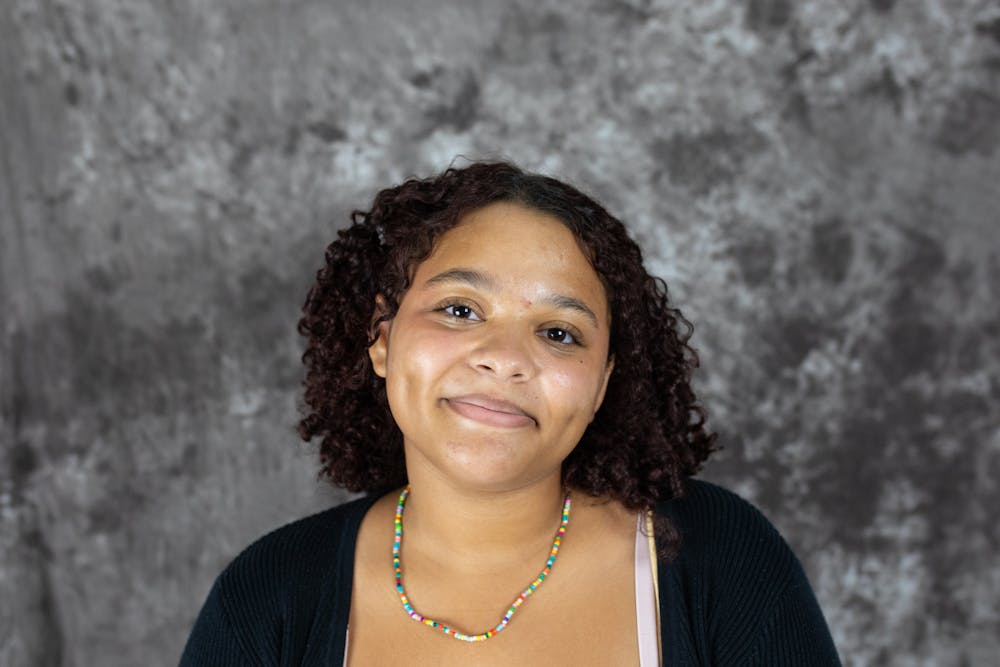Walking down the stairs into the kitchen, the smell of plantains and the beginning of a new dish fills the air and will last for hours. My dad has the windows open so that my mother doesn’t comment about the smell when she comes home from work.
Grease splashes from the pot to the stovetop. My father is a messy cook, and my mother will complain when she cleans it up later. The large pot bubbles with red broth, stirred with a stained wooden spoon.
After he’s finished, my father offers me a taste, knowing that I’ll most likely decline. He says, “Come on, just a little.” My taste buds cannot detect the taste of a Ghanaian stew based on the scent. I do not crave jollof rice after a long day at school to bring me comfort. I would never taste this dish.
Instead, my father throws chicken nuggets and fries into the air fryer for me and my brother. He packs away his food to take it to work for the week.
His phone sits on the counter, a conversation blaring on speaker with family across the Atlantic in Ghana. I hear my name woven in and out of statements. What are they saying about me?
I could barely tell you two words of Ghanaian, my father’s native language. I was never taught this language. After each call, I would ask my father what he talked about. My conversations with relatives begin with “Hi, how are you?” and end with “I’m good.”
The barrier isn’t just between languages. It’s between family.
I’ve seen photos and heard stories from when my father went back, but I’ve never been to Ghana.
Being biracial usually entails two different cultures fusing together to create one person — but I am missing part of myself.
We are not all afforded the opportunity to embrace our identity as a child. Having your roots explored and explained to you is a privilege I never had. The language my father uses to communicate, the food that means home to him — I’m missing these layers.
Immigrant parents face a lot of pressure to “Westernize” their children. But when those layers are peeled away, their children can wind up detached from their cultures and their families.
Some of us only begin exploring our cultures as adults. As we grow up, we begin to see the beauty in being “different,” and we stop trying so hard to fit in. We’ll find our own ways to navigate the world.
The opinion desk can be reached at opinion@ubspectrum.com

Sarah Owusu is an assistant news editor at The Spectrum. In her free time she enjoys reading, baking, music and talking politics (yes, shockingly). She'll also be her own hairdresser when she needs a change.





